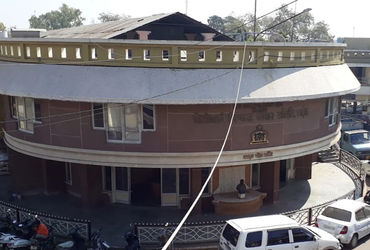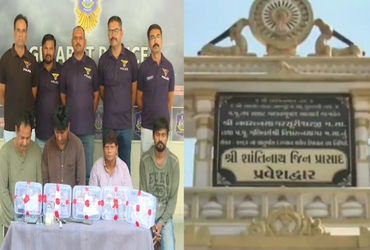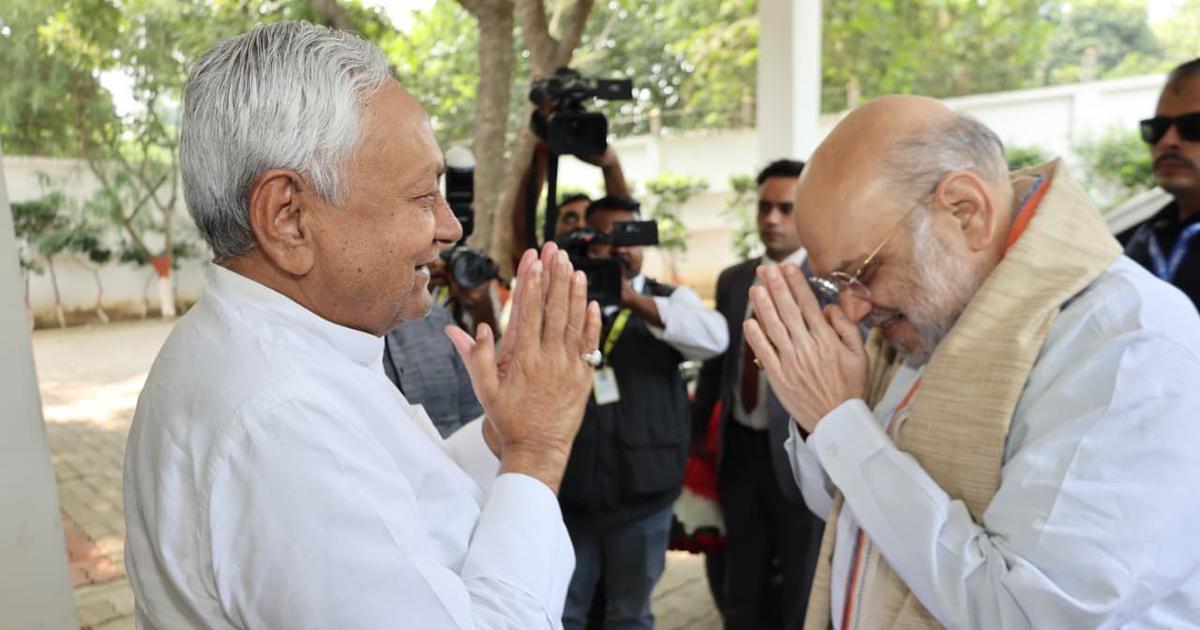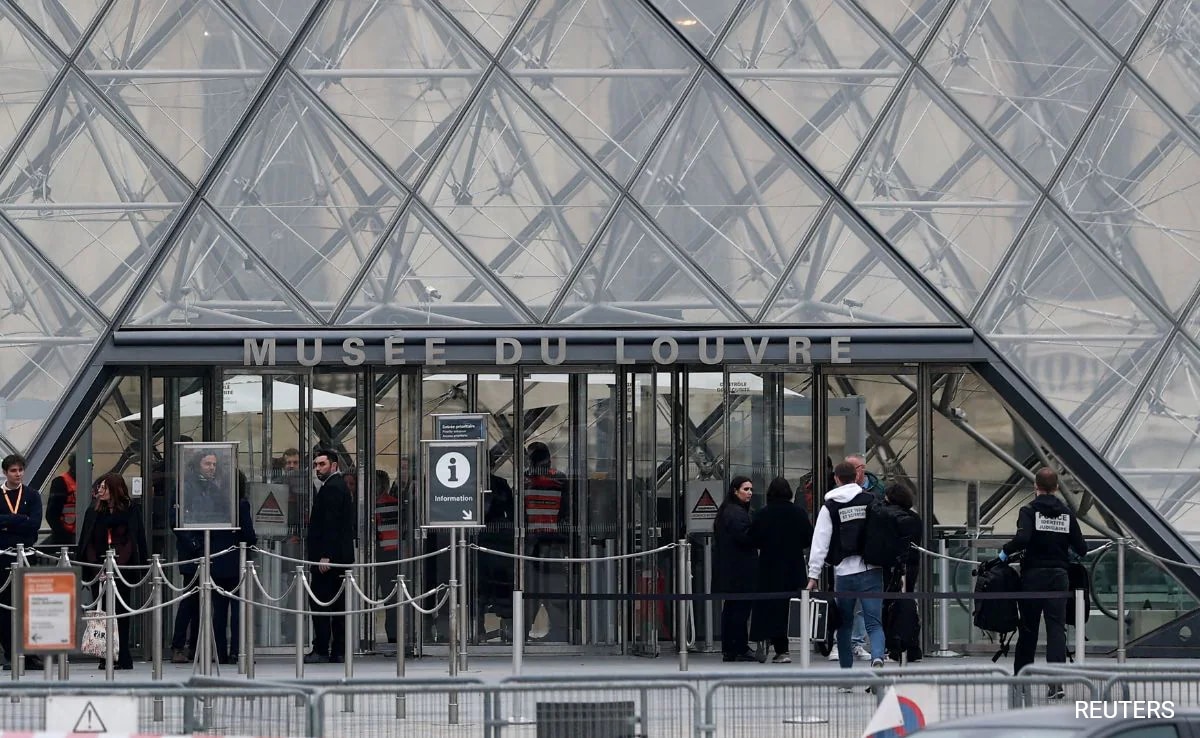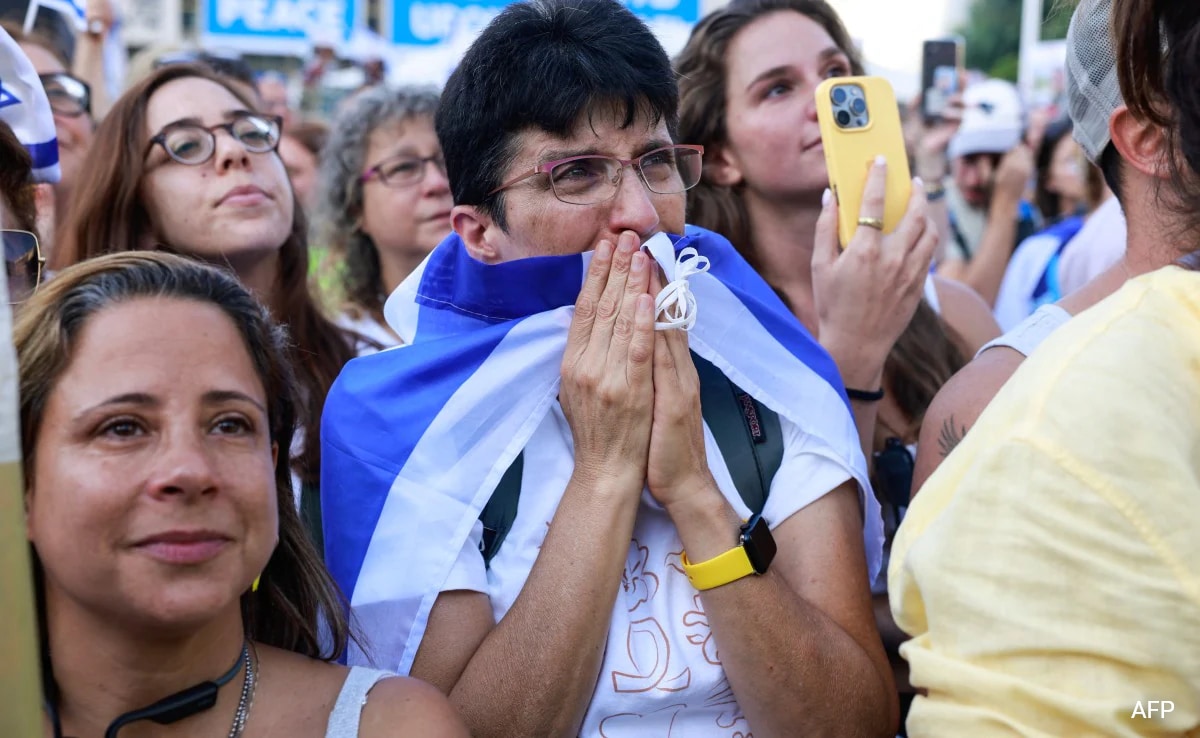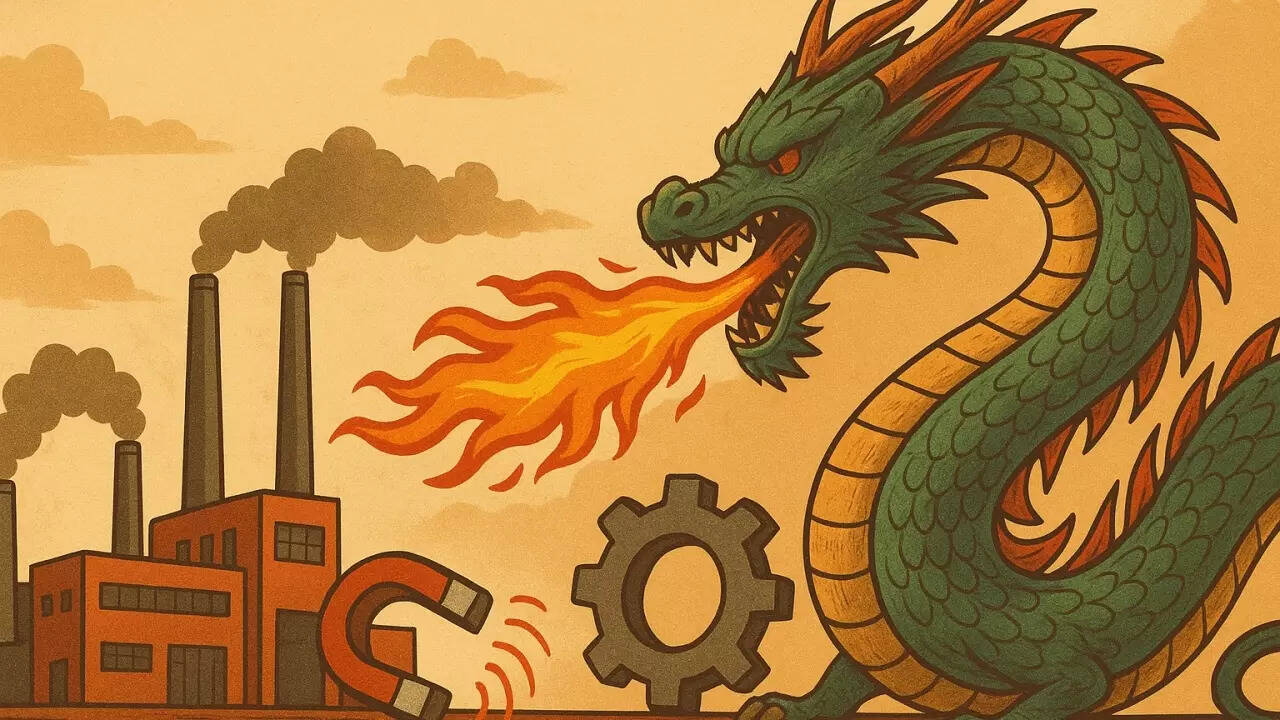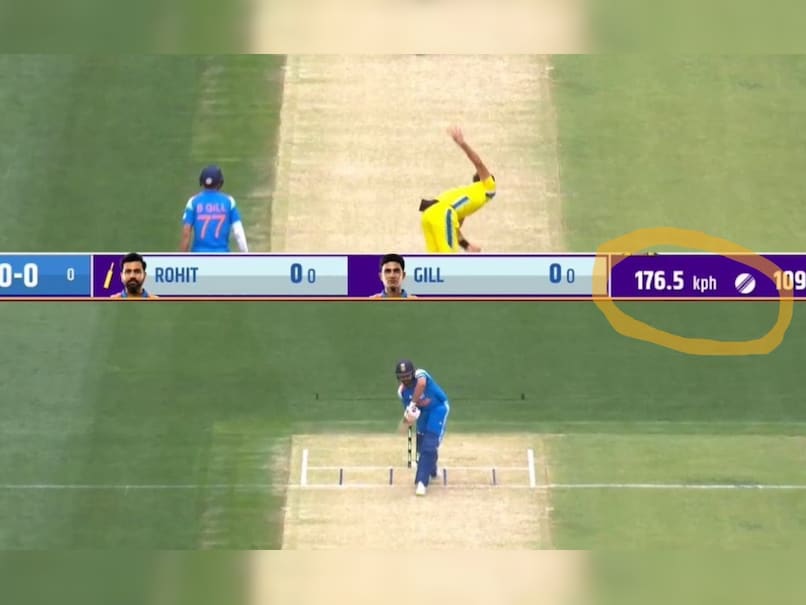László Krasznahorkai and how to resist melancholy and an incessant need for speed

Join our WhatsApp Community to receive travel deals, free stays, and special offers!
- Join Now -
Join our WhatsApp Community to receive travel deals, free stays, and special offers!
- Join Now -

László Krasznahorkai. My first introduction to his work was through the films of the Hungarian auteur Béla Tarr. Needless to say, the connection is Sátántangó’, Tarr’s seven-hour and 19-minute epic. Although Sátántangó was released in 1994, I had the opportunity to see the film two years later, in 2000. Around the same time, I watched Tarr’s Damnation, originally released in 1988. All this in during the pre-streaming era, and I distinctly remember the film club congregation where these films were screened as an introduction to the brave new world of post-communist East European World Cinema.
On the title card of the films, I noticed this Krasznahorkai’s name as a collaborator on the screenplay, along with Tarr. After digging a bit, I found out that while the original script for Damnation was written for the film, the source for Sátántangó was Krasznahorkai’s novel, which was already considered a classic in Hungary. However, back then I couldn't locate an English translation of Sátántangó.
Cut to 2001. A Barnes and Noble bookstore in Seattle. I came across the name again. A sudden, unexpected, serendipitous contact – perhaps this is how excavation of memory is accomplished! However, the novel on which the name was inscribed had a different name – The Melancholy of...
Read more
What's Your Reaction?
 Like
0
Like
0
 Dislike
0
Dislike
0
 Love
0
Love
0
 Funny
0
Funny
0
 Angry
0
Angry
0
 Sad
0
Sad
0
 Wow
0
Wow
0
